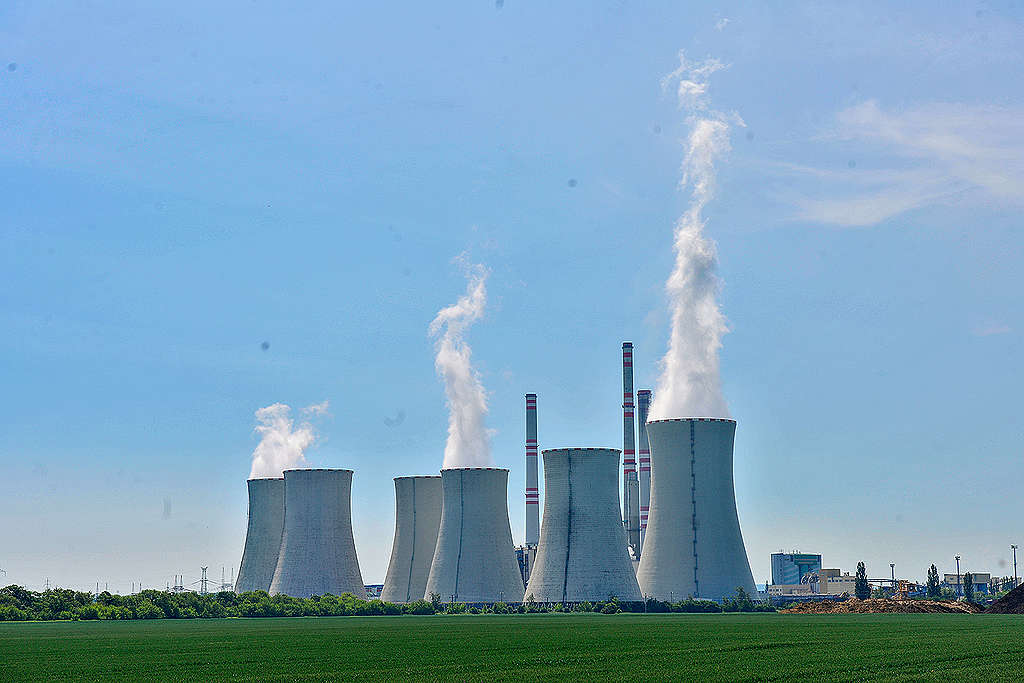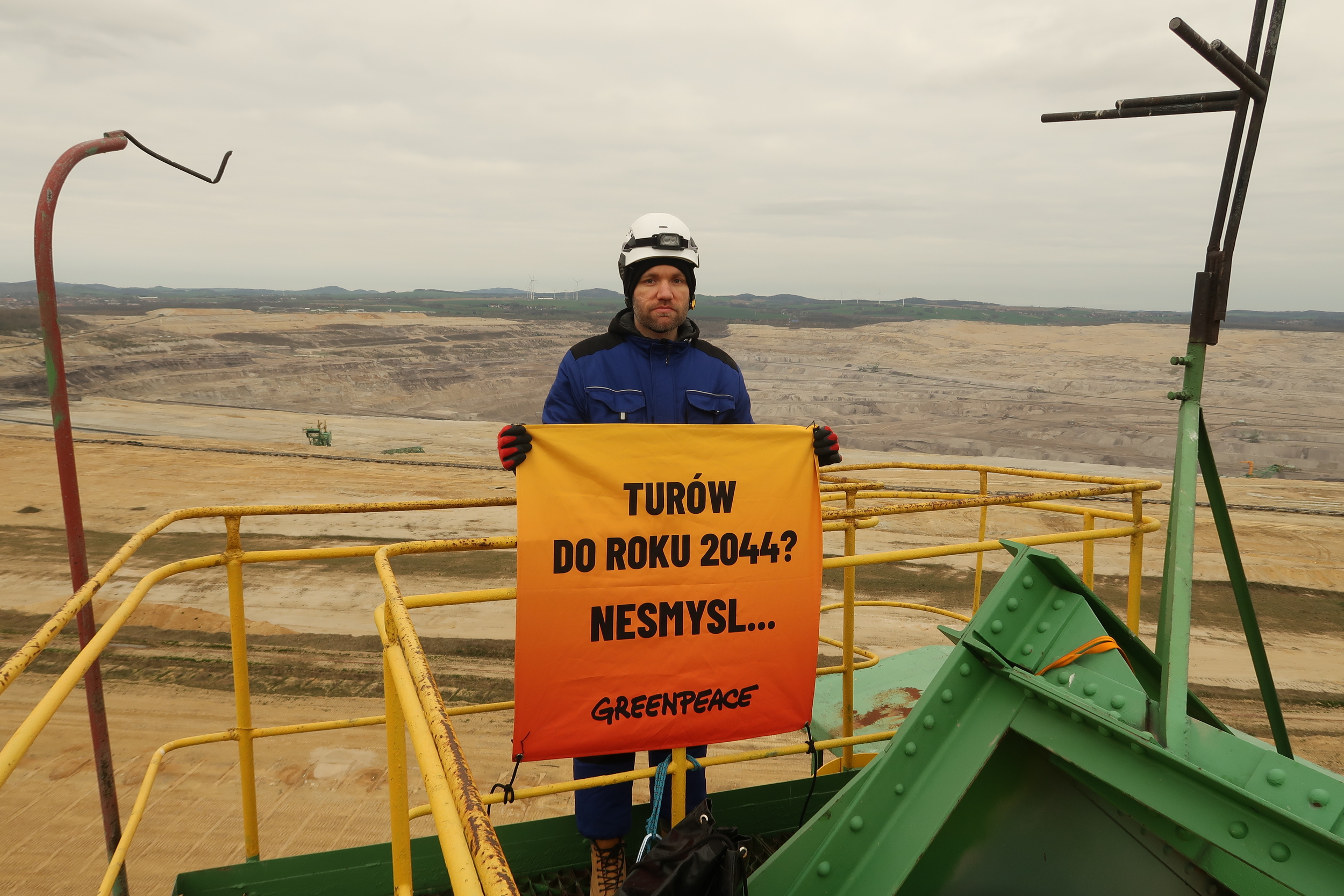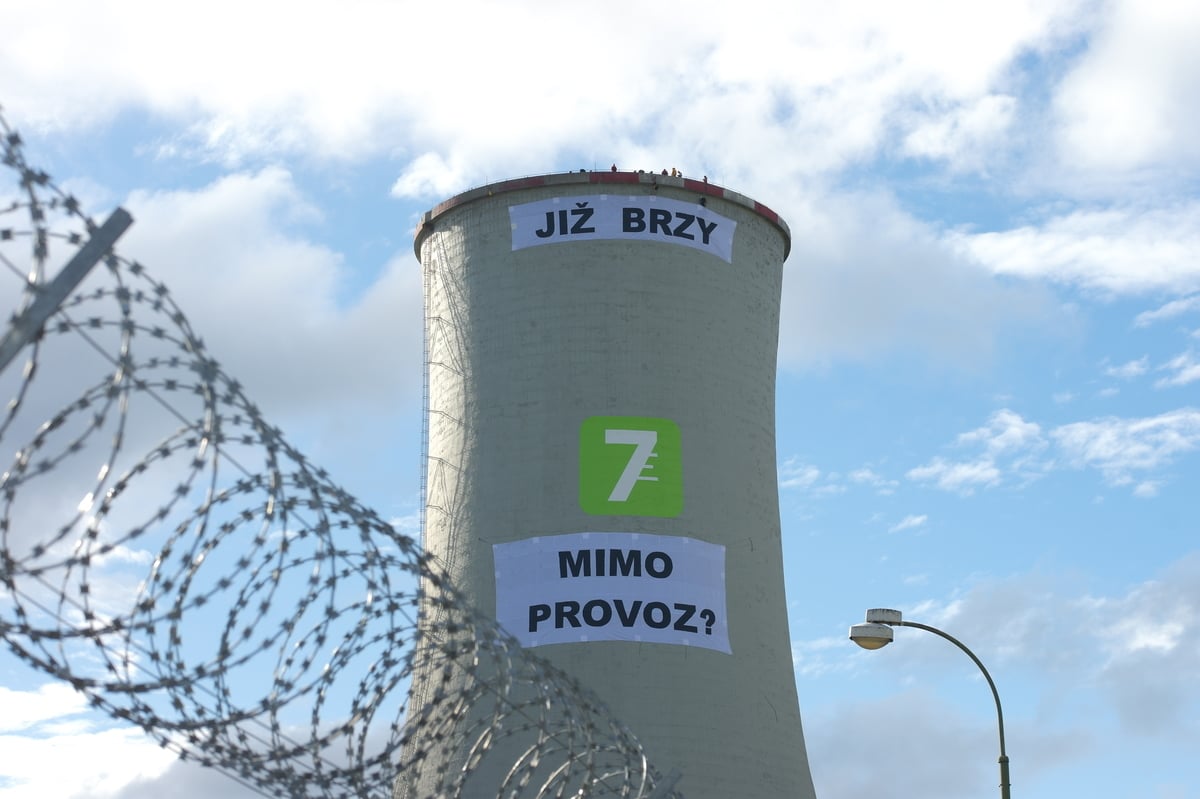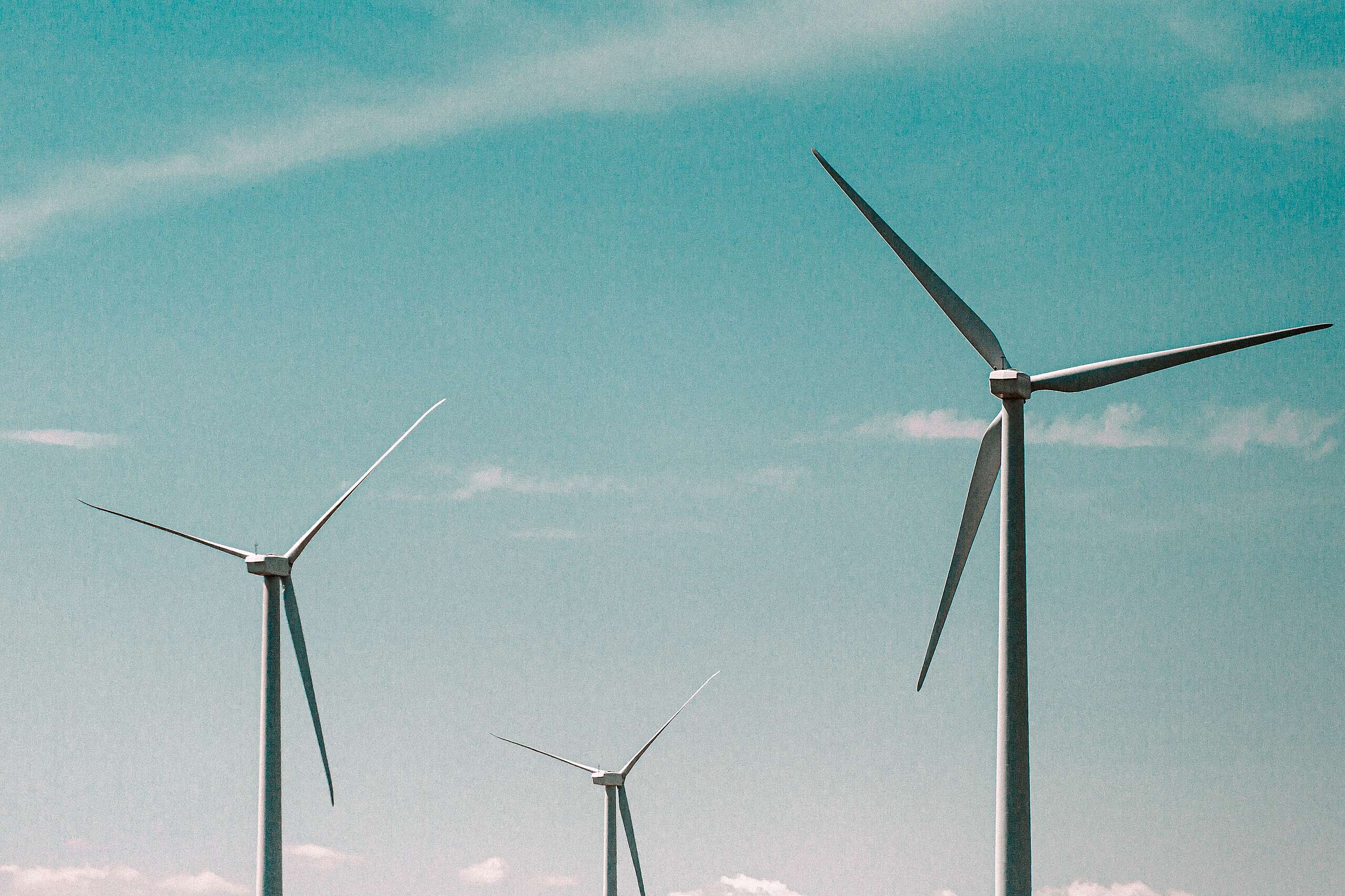On 22nd October 2020 Sev.en Energy Group and the Czech major energy utility ČEZ announced that Sev.en will take over from ČEZ the 1000 MW Počerady lignite power plant already by the end of 2020, three years earlier than what was agreed earlier this year. Sev.en will pay 2.5 billion CZK (108 mil USD) for the whole transaction. By this move Sev.en will increase its coal generating portfolio to over 4 000 GW of installed capacity in coal and will get into a first coal league in all of Central and Eastern Europe.
More old coal as business strategy
While most of the European countries and energy companies are already coal free or moving in this direction, Sev.en Energy is heading the opposite direction, by acquiring coal assets and running them as long as possible. This is in fact acknowledged on their own 2020 company profile.

“Our strategy is complementary to major traditional operators who are often required to divest their conventional plants. Employing our long‑standing operational experience, we are ready to discuss options for any such asset acquisition. Moreover, as a private company, we are independent from external stakeholders’ pressure. We purposefully invest in conventional assets and have full command over the deploy”. Using bank loans for coal acquisitions was even mentioned by one of the company executives as the current company strategy.
Pursuing the strategy in the last years, Sev.en has in 2019 acquired 50% share in an Australian energy giant Intergem, with a coal power plant fleet of 1770 MW in Australia and 2490 MW in open-cycle gas-fired based in the UK. Further in 2019, Sev.en bought from Swiss Alpiq two Czech coal CHPs, in total capacity of 471 MW and this year the group bought CORSA COAL, an US based producer of metallurgical coal, with an annual production capacity of 7-8 million tonnes of coal. At the end of 2020, the group will add the Počerady power plant bought from ČEZ. This will increase the share of coal on all generation capacities to 62%, the remaining 38% come from gas. Adding the 2 lignite open pit mines in Czechia, no renewable energy sources at all and missing any climate target completes a picture of ultra heavy fossil energy juggernaut, a bottom-of-the-barrel climate destroyer.
Shady private corporation
Sev.en’s governance is a textbook example of the shadiest corporations, and should concern investors and policymakers. The Group is majority owned by billionaire Pavel Tykač, the 7th richest person in the Czech Republic and backed up by a second owner, another billionaire, Mr. Jan Dienstl.
The Tykač´s imperium is controversial in many aspects. It keeps constantly changing its structure and also its names. Currently, most of the Czech part of the business is owned by two shell companies in Cyprus, which are owned by TEGLERION LIMITED, another Cyprus tax haven shell company which belongs to the Sev.en Energy AG registered in Liechtenstein. In addition to questionable governance, investors and policymakers should also be concerned about Sev.en’s serious lack of transparency as a major and growing member of Europe’s energy infrastructure. The group is not publishing any group consolidated annual reports and accounts. Only some of the daughter companies publish annual reports required by Czech national law. As a private equity company, there are no traded shares and no AGMs, where small shareholders could be engaging with the management.
Weakening environmental protection
In Czechia, the company and its owners were lobbying for years to change the legislation, to achieve cancellations of the so-called “limits of mining” at their ČSA lignite open pit mine, which would mean mining until the end of this century and the demolition of Horní Jiřetín, a town in northern Czech Republic. However, Sev.en has not succeeded and the mine is to be closed within two years.
At present, the company is trying to extend the lifetime of their coal-fired power plant Chvaletice and are even applying for derogations from air pollution limits, so that they do not have to invest into the cleanest technologies, as required by European air protection regulations. Sev.en publicly claims that they invested billions of CZK into “ecologization of their plants”, which might be true, but these are basically investments into meeting the legal emissions standards that apply to all polluters in the EU and even not all of these limits will be fulfilled. Which is why the power plant is asking for exemption for 8 additional years for mercury emissions. The power plant Počerady, which will Sev.en get by the end of the year, is basically the biggest and most polluting power plant regarding CO2 as well as classical pollutants. And Sev.en already mentioned, they are planning to operate the plant until after 2028.
Czech coal phase out
Coal phase out has become a reality and the situation is changing rapidly in the Czech Republic as well. According to the latest news, hard coal mining in Czechia is expected to end in a year or two . Last year the Czech Coal Commission was established and should deliver its recommendations by the end of 2020. The Commission has already agreed that the key for closing down power plants would be their carbon intensity, however, it has not published the list of which power plants has the lowest efficiency and would be closed first. According to Greenpeace calculations, following this formula, the power plant Počerady with 1033 gCO2/kWh is the worst and should be closed first, the other power plant by Sev.en, Chvaletice, is 5th in the list of 11 Czech coal power plants with 939 gCO2/kWh. Most of the Czech power plants are quite old and inefficient, as modern efficient coal power plants can get at 750 g/CO2, producing the same amount of electricity with 20-25% less CO2 production.
Sev.en’s acquisition of Počerady from ČEZ is just the latest development in a concerning trend among major utilities, which have been offloading their dirtiest assets to buyers of last resort in a dangerous game of hot potato. In February, Czech energy investor EPH announced it would purchase Uniper’s 900MW Schkopau plant in Germany. This game allows companies like ČEZ Group to pretend they are doing their part for the climate, but the sell-offs produce no dividends for the worsening climate crisis. Coal power plants should be closed down instead.



